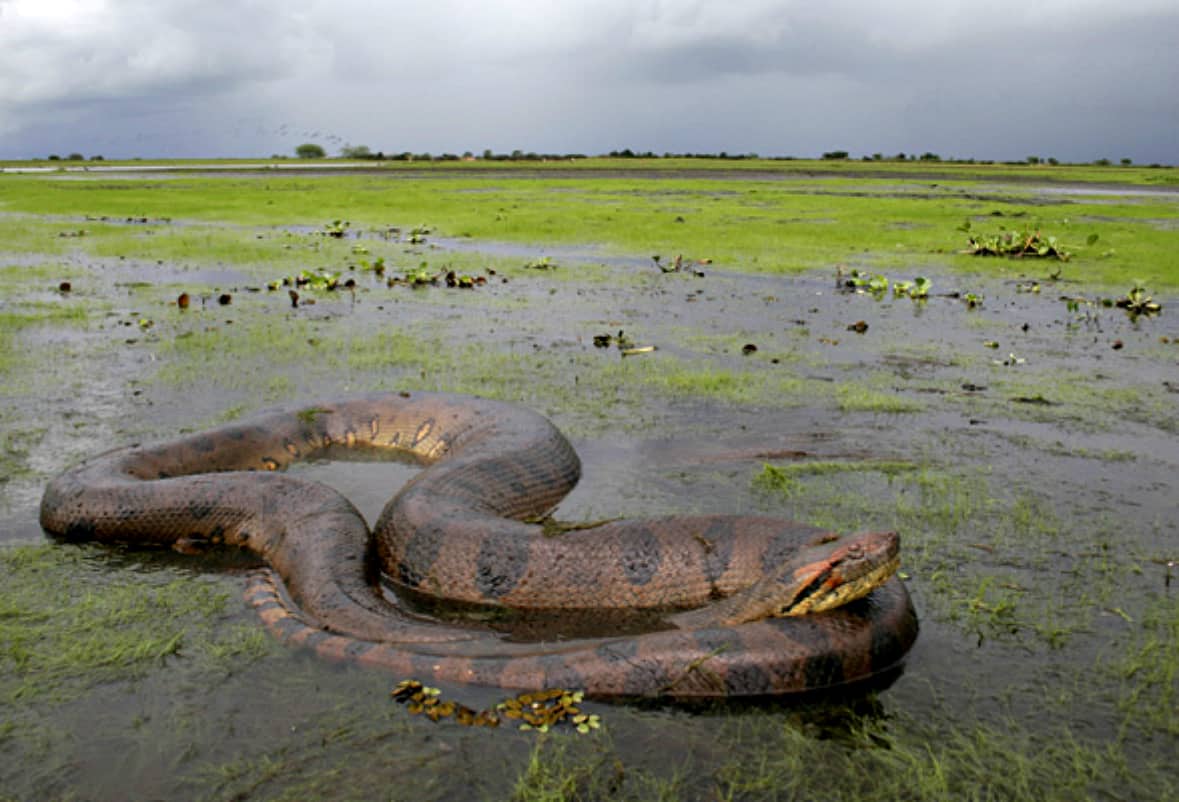
These snakes can swallow such large prey thanks to a set of highly flexible jaws, a trait they share with several other snake species. Occasionally, even humans are on the menu: there are several accounts of African rock pythons attacking and even partially consuming people.

Like Burmese pythons, Central African rock pythons can gulp down sizable prey including antelope and crocodiles. These pythons average around 9.8 to 16.5 feet (3 to 5 m) long, according to Animal Diversity Web (ADW).

It’s highly adaptable and found throughout sub-Saharan Africa, where it is equally at home in savannah, forest and desert habitats.

The Central African rock python ( Python sebae) is Africa’s largest snake, according to Oregon Zoo. (Image credit: Michele D'Amico/Getty Images) (You will need to register / login for access)Ĭomments below may relate to previous holders of this record.Central African rock pythons are Africa's largest snake, reaching lengths of 16.5 feet. For a full list of record titles, please use our Record Application Search.

Records change on a daily basis and are not immediately published online. These measurements dwarf those of both the reticulated python, the world’s longest living species of snake, and the anaconda, the world’s heaviest living species of snake. The fossils revealed that the aptly-named Titanoboa, which lived 58-60 million years ago during the Palaeocene Epoch, reached a maximum length of 12-15 m, measured approximately 1 m across at the thickest portion of its body, and weighed roughly 1135 kg. Their discovery had been made by an international scientific expedition led by Florida University vertebrate palaeontologist Dr Jonathan Bloch and was formally announced in early 2009. The largest snake ever known to have lived is Titanoboa cerrejonensis, a prehistoric species of boa known from the fossils of 28 specimens found in the coal mines of Cerrejón, in La Guajira, Colombia.


 0 kommentar(er)
0 kommentar(er)
